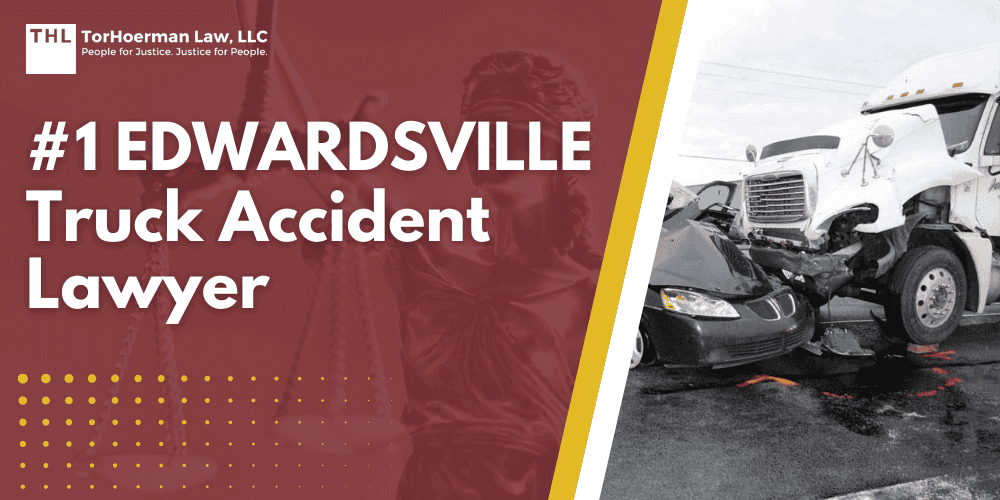Personal Injury Lawyer Los Angeles: A Comprehensive Guide for Residents of Los Angeles
Personal injury claims are a maze of legal procedures, medical jargon, and insurance negotiations. For residents of sprawling urban centers like Los Angeles, where accidents can happen on crowded highways or busy sidewalks, understanding the nuances of personal injury law is essential. In this comprehensive guide, we’ll explore everything you need to know about navigating personal injury claims in Los Angeles, from the initial steps after an injury to finding the right legal representation and understanding the intricacies of compensation.
Introduction
In a city as dynamic and diverse as Los Angeles, accidents are an unfortunate reality. From motor vehicle collisions on the notorious 405 freeway to slip and fall incidents in bustling shopping districts, personal injuries can occur in various forms and contexts. When faced with such adversities, knowing how to assert your legal rights and seek compensation becomes paramount.
Understanding Personal Injury
Personal injury law encompasses a broad spectrum of incidents where an individual suffers harm due to the negligence or intentional actions of another party. From car accidents and workplace injuries to medical malpractice and premises liability cases, the scope of personal injury claims is extensive. In Los Angeles, where the pace of life is fast and the density of population is high, residents must be vigilant in protecting their rights in the event of injury.
The Role of a Personal Injury Lawyer
Navigating the legal landscape of personal injury claims can be daunting without expert guidance. A personal injury lawyer serves as a beacon of support, providing legal expertise, advocacy, and reassurance during tumultuous times. Whether it’s conducting investigations, negotiating with insurance companies, or representing clients in court, a skilled attorney can make all the difference in the outcome of a case.
Finding the Right Lawyer
Choosing the right personal injury lawyer is a critical decision that can significantly impact the trajectory of your case. Residents of Los Angeles are urged to conduct thorough research and due diligence when selecting legal representation. Look for attorneys with a proven track record of success in personal injury cases, as well as those who prioritize client communication and personalized attention.
Initial Steps After an Injury
In the aftermath of an injury, taking immediate and decisive action is crucial. The first priority should always be seeking medical attention to address any injuries and document the extent of harm. Additionally, it’s essential to gather evidence at the scene, such as photographs, witness statements, and incident reports, to support your claim.
Legal Process Overview
Understanding the legal process involved in pursuing a personal injury claim is key to managing expectations and making informed decisions. In Los Angeles, the journey typically begins with filing a claim with the relevant insurance company, followed by negotiations and, if necessary, litigation. Throughout this process, clear communication with your attorney and diligent adherence to deadlines are essential.
Types of Compensation
Personal injury victims may be entitled to various forms of compensation, depending on the nature and severity of their injuries. This can include economic damages, such as medical expenses and lost wages, as well as non-economic damages for pain and suffering, emotional distress, and loss of enjoyment of life. By meticulously documenting damages and losses, individuals can seek fair and just compensation for the harm they’ve suffered.
Gathering Evidence
The strength of a personal injury claim often hinges on the quality and quantity of evidence available. From medical records and accident reports to surveillance footage and expert opinions, compiling compelling evidence is essential for establishing liability and proving the extent of damages. Working closely with your legal team, ensure that all relevant evidence is collected and preserved.
Negotiating with Insurance Companies
Engaging in negotiations with insurance companies can be a complex and challenging process. Insurers often seek to minimize payouts and protect their bottom line, making it essential for individuals to be prepared and informed during negotiations. With the guidance of experienced legal counsel, you can advocate for your rights and negotiate fair compensation for your injuries.
Litigation Process
While many personal injury claims are resolved through out-of-court settlements, some cases may proceed to litigation. In such instances, it’s essential to be prepared for the formalities and procedures of a courtroom trial. From pre-trial motions and discovery to witness testimony and jury deliberation, understanding the litigation process can help alleviate anxieties and ensure that your case is presented effectively.
Understanding Statute of Limitations
In California, including Los Angeles, there are strict deadlines, known as statutes of limitations, for filing personal injury claims. Failure to adhere to these deadlines can result in the forfeiture of your right to seek compensation. Therefore, it’s crucial to be aware of the applicable statutes of limitations and take timely action to protect your legal interests.
Factors Affecting Case Outcomes
Numerous factors can influence the outcome of a personal injury case, including the strength of evidence, the credibility of witnesses, and the skill of legal representation. Comparative negligence, contributory negligence, and the presence of pre-existing conditions are additional factors that may impact case outcomes. By understanding these variables, you can better anticipate potential challenges and devise effective legal strategies.
Settlement vs. Trial
Deciding whether to accept a settlement offer or proceed to trial is a significant decision in any personal injury case. Settlements offer the advantage of resolving disputes quickly and avoiding the uncertainties of litigation, but they may entail compromises in terms of compensation. Conversely, trials provide an opportunity to present evidence before a judge and jury, with the potential for larger awards but also the risk of unfavorable verdicts.
Choosing the Right Legal Strategy
Selecting the appropriate legal strategy requires careful consideration of the unique circumstances surrounding your case. Factors such as the severity of injuries, liability issues, and the financial resources of the opposing party must be weighed when determining the best course of action. Experienced personal injury attorneys can offer invaluable guidance in devising and executing effective legal strategies tailored to your individual needs.
Conclusion
In conclusion, navigating personal injury claims in Los Angeles requires patience, perseverance, and expert legal guidance. By understanding the intricacies of the claims process, seeking timely medical attention, and enlisting the support of a reputable personal injury lawyer, individuals can assert their rights and pursue fair compensation for their injuries. Remember, you don’t have to face the challenges alone – help is available to guide you through every step of the journey toward justice.
FAQ Section
How long do I have to file a personal injury claim in Los Angeles?
In California, the statute of limitations for most personal injury claims is two years from the date of the injury. It’s crucial to adhere to this deadline to preserve your right to seek compensation.
What types of compensation can I receive in a personal injury case?
Personal injury victims may be entitled to various forms of compensation, including medical expenses, lost wages, pain and suffering, emotional distress, and punitive damages in cases of egregious misconduct.
Do I need a personal injury lawyer to file a claim?
While it’s possible to file a personal injury claim without legal representation, having an experienced attorney by your side can significantly increase your chances of success and ensure that your rights are protected.
How much does it cost to hire a personal injury lawyer?
Many personal injury lawyers work on a contingency fee basis, meaning they only receive payment if they secure compensation on your behalf. This arrangement allows individuals to access legal representation without upfront costs.
What should I do if the insurance company denies my claim?
If your claim is denied by the insurance company, it’s essential to seek guidance from a personal injury lawyer. They can review the denial, identify potential reasons for the rejection, and explore options for appealing the decision or pursuing litigation.
Can I still file a personal injury claim if I was partially at fault for the accident?
Yes, California follows a comparative negligence system, which means that even if you were partially at fault for the accident, you may still be entitled to compensation. However, your damages award may be reduced proportionally to your degree of fault.
How long does it take to resolve a personal injury claim?
The duration of a personal injury claim can vary significantly depending on factors such as the complexity of the case, the extent of injuries, and the willingness of the parties to negotiate. While some cases may be resolved relatively quickly through settlements, others may require months or even years to reach a resolution.
What should I do if I’m unsure whether I have a valid personal injury claim?
If you’re unsure about the viability of your personal injury claim, it’s advisable to consult with a knowledgeable attorney who can evaluate your case and provide personalized guidance. Most personal injury lawyers offer free initial consultations to assess potential claims.

